
With A Launch At Holt Renfrew, Indigenous Skincare Brand Sḵwálwen Botanicals Bolsters Its Luxury Positioning
For Leigh Joseph, respectfully harvesting plants in the forests, estuaries and meadows of Squamish, British Columbia connects her to her roots.
The Indigenous founder of Sḵwálwen Botanicals, ethnobotanist and community activist views her brand’s wild-crafted skincare and body products as a platform to honor and support her First Nations heritage. In turn, when Joseph’s customers use its goods featuring Squamish terms and botanicals that have long been a part of traditional wellness practices, they’re getting immersed in her culture.
Wild rose, for example, is a central ingredient in Sḵwálwen’s collection Kalkáy, which is named for the Squamish word for “wild rose bush.” The collection is comprised of a facial oil, healing salve, toner, face mask and bath salts. The brand has six ingredient-themed collections overall, and its prices range mostly from 14 to 60 in Canadian dollars or approximately $11 to $48 at the current exchange rate.
“Like many of our [Squamish] plants, wild rose walks the line between being a medicine and a food, and also having some spiritual applications,” says Joseph. “The plant itself really signifies a calming and a heart-centering energy.”
In December last year, Sḵwálwen Botanicals’ Kalkáy Healing Salve along with its Tewín’xw Cleansing Clay, Ts’exts’Ix Nettle Mint Cooling Body Oil, Nékwentsut Rose+Nettle+Mint Tea, Mimts’ Calming Room Spray With Lavender & Clary Sage, and Pá7pawtn Nettle And Arnica Sore Muscle Salve launched at Holt Renfrew. The brand entered the Canadian department store through its H Project program spotlighting sustainable brands with charitable components. It’s available at six Holt Renfrew doors and the retailer’s website.

“I’m aiming to position Sḵwálwen as an Indigenous luxury skincare brand,” says Joseph. “With that goal in mind, the partnership situates us in an exciting way to expand upon that and to build out our storytelling.”
Sḵwálwen Botanicals’ story begins in 2017. Founded originally under the name Wild Botanicals, the brand was a means for Joseph to harness her ethnobotany studies in the—well—field. “Coming out of my master’s, I was like, ‘OK, I’ve done a lot of academic learning. Now, I really need to get out onto the land,’” she says. Joseph had already relied on her plant-medicine wisdom to make oils and salves for her two young children and friends. Once she considered creating skincare formulations, a memory sprang up.
“When I was young, my grandma and my mom commented on what great care I took of myself,” says Joseph. “I loved a Japanese cleansing grain from The Body Shop. It was a really earthy and gentle exfoliating product. I started thinking back to the ways that I’ve cared for myself and the joy that I derived from these rituals. That really got me inspired to research more ingredients, different products and, then, to start doing some of my own online courses to get myself better suited for the formulation side of things.”
“I’m aiming to position Sḵwálwen as an Indigenous luxury skincare brand.”
It was a given that botanicals would be integral to the ethnobotanist’s products. Joseph says, “Understanding the overlap between some of the traditional uses for those plants and the applications for skincare products, that intersection really excited me.” After investing $2,000 Canadian dollars or roughly $1,558 into the brand, Joseph timed its launch to coincide with the local holiday markets in Yukon, where she was based. She began with several offerings, among them a few products she still makes today such as a cleansing clay mask, rose facial oil, toner and the bestselling cranberry rose antioxidant facial serum.
In addition to presenting her wares at markets, Joseph showed them to women at her kitchen table. At the advice of an online business course, she recounts, “I invited a group of women to my house, and I had the products laid out so they could go through each of them. I had a written feedback form, and I got some feedback in a very small-scale way in those first days of bringing these products an audience.”
Bit by bit, the audience outnumbered the chairs around Joseph’s table. “The town that I lived in was a very remote one called Dawson City,” she says. “The community was just so enthusiastic about having locally made products that didn’t have to get shipped in. It’s very expensive to ship things there.”
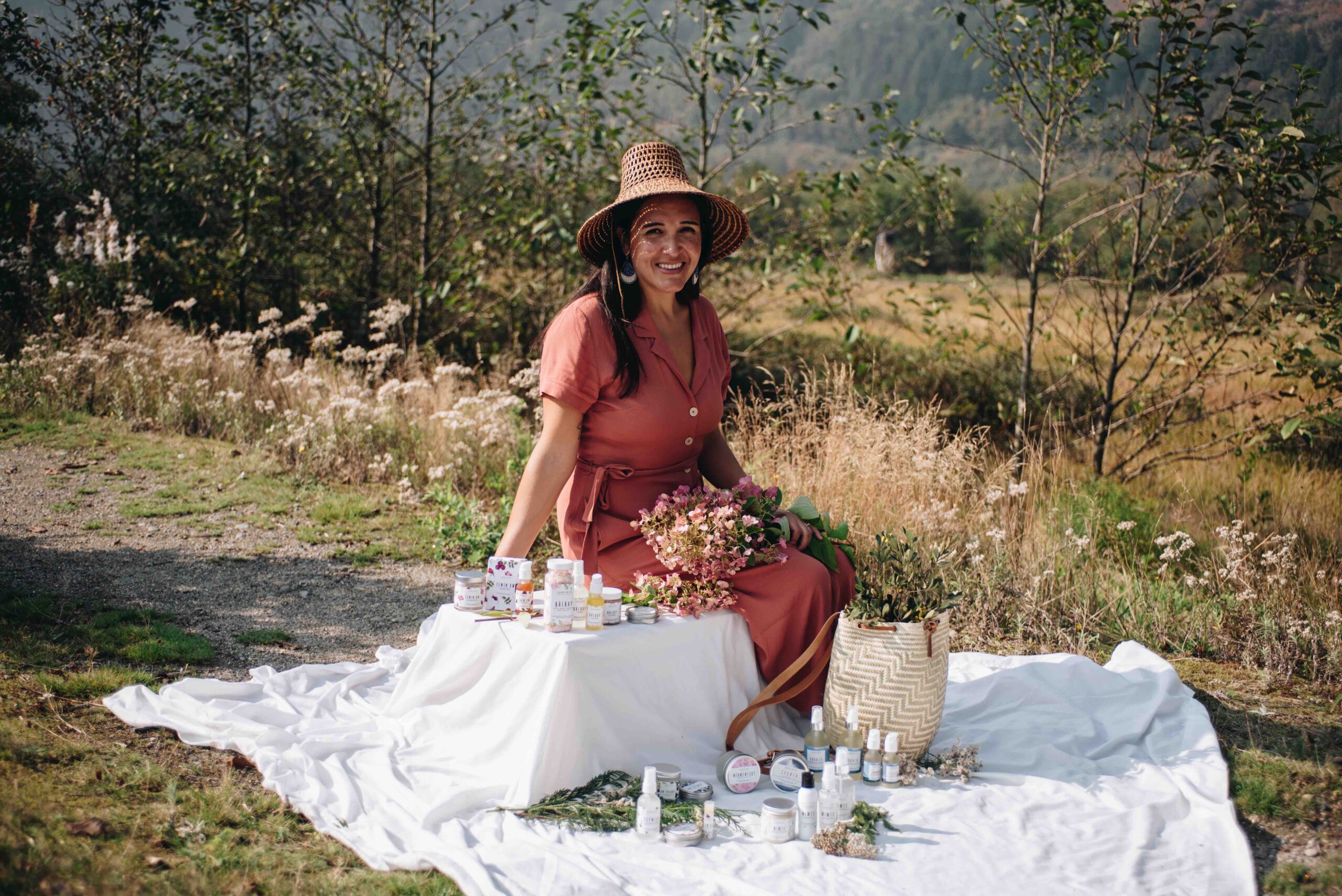
In her initial year of business, Joseph landed a couple of local Yukon retail accounts. “That was really the start of my learning curve about working in a wholesale way,” she says. “It was a really nice, gentle entry point. I could drive my products down the road and speak with the shop owner. I did learn a lot from that process.”
After spending around a year building out her website and shipping orders across an ever-expanding swath of Canada, Joseph felt an inner nudge to rebrand Wild Botanicals. In 2019, she rechristened it Sḵwálwen Botanicals, which is named after a Squamish word that loosely translates to “heart” or “essence of being.”
“I put a lot of time and thought [into the rebrand] and tried on different words, but Sḵwálwen really kept coming to the surface,” says Joseph. She explains the word embodies “what it really meant for me to devote myself to this brand and to the larger work of connecting with plants in a heart-centered way.” Importantly, it aligns with her mission to reinvigorate the Squamish language.
“Understanding the overlap between some of the traditional uses for those plants and the applications for skincare products, that intersection really excited me.”
Admittedly a bit fearful of depending on a largely unfamiliar brand name, Joseph shares the move has received a positive response. “What I found was, it wasn’t about [customers] needing to be comfortable with the language,” she says. “The word almost became a design element for people and a starting point for conversation.”
In July 2020, Joseph emailed a contact at Holt Renfrew and expressed interest in H Project. A fellow beauty entrepreneur informed her about the program. “From there, the conversation started and, then, the process of building that partnership began,” she says. “That was a whole new level of learning for me, working with a retailer that’s much bigger than some of the other neighborhood shops and independent shops that I work with.” Sḵwálwen Botanicals’ products are carried in 30 retail locations across Canada.
Last year, the brand’s sales increased 300% increase over 2019. In 2021, Sḵwálwen Botanicals is on track to earn $400,000 Canadian dollars or about $312,860, an amount that would mark a 100% increase over sales in 2020. The brand has never received external investment nor accrued any debt. Joseph says, “It’s just been completely organic growth to date.”
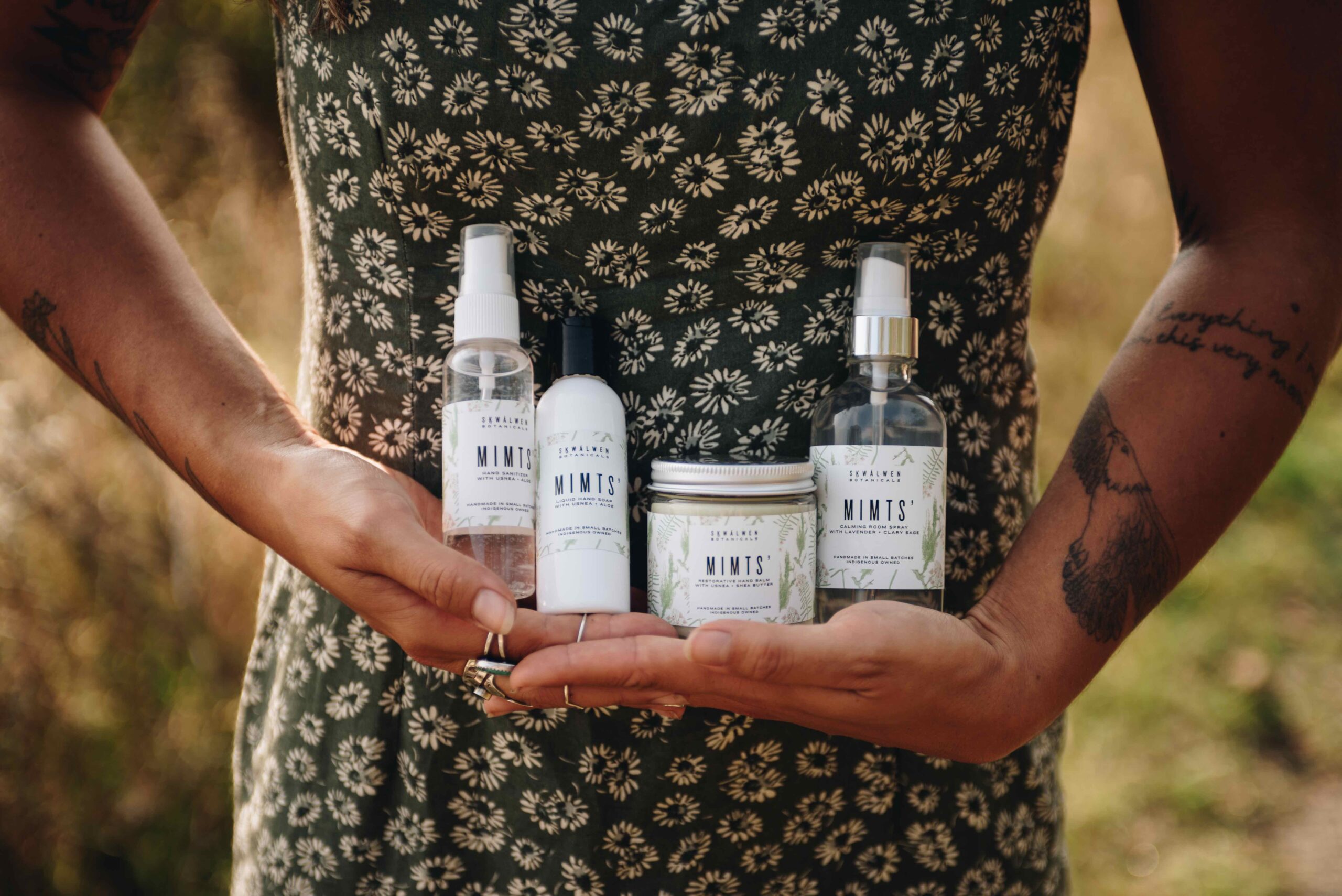
And the growth continues. Assisted by a team of six part-time employees, including Indigenous women, Joseph is knee-deep in the development of beauty products as well as home and lifestyle items. She’s expanding Sḵwálwen Botanicals’ Ceremony Series that contains seasonal releases of small-batch, hand-foraged skincare products. The brand donates about 10% of proceeds from specific products to the organizations Indigenous Women Outdoors, Downtown Eastside Women’s Centre and The Tr’ondëk Hwëch’in Youth Centre.
As she builds Sḵwálwen Botanicals, Joseph is tending to Squamish cultural renewal by involving her 5-year-old son and 7-year-old daughter in the harvesting process. “This is the part of my life—but also of my business—that just makes my heart glow,” she says. “My kids have come out with me since they were tiny babies to harvest various plant ingredients. Part of the cultural teaching is to give thanks when you harvest. You introduce yourself to the plants and state your intentions, that you’re there for and you’re grateful for the medicine.”
During the spring of last year, Joseph continues, “I started to hear my kids saying thank you in the Squamish language. That was such a moment of deep happiness for me. It really taps into the greater goal of all the work I do: To witness that reconnection to place and health and well-being, given that my community and other Indigenous communities have gone through long periods of not having those relationships intact. For my kids to be living that right now is kind of the most meaningful part of all of this.”
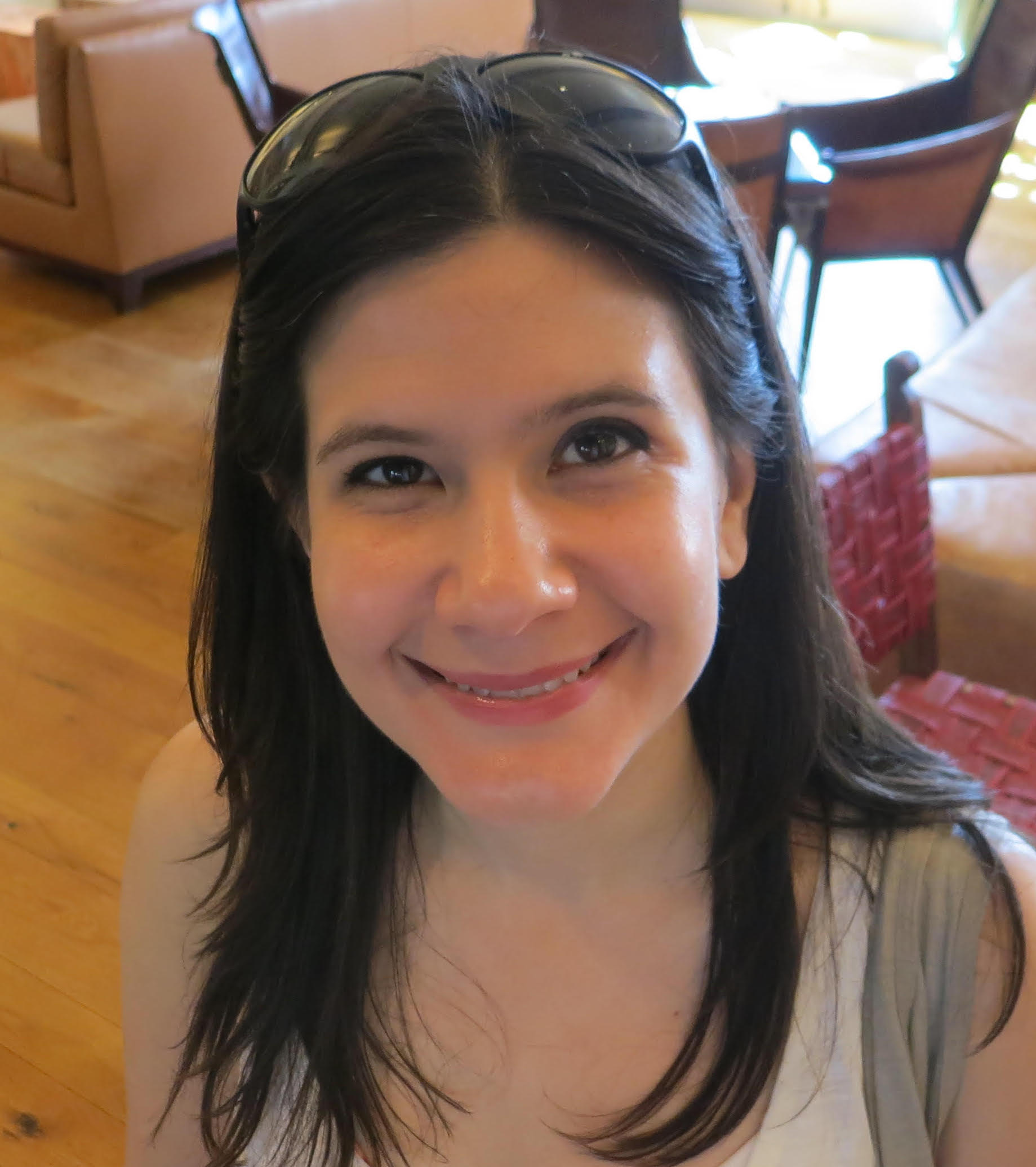
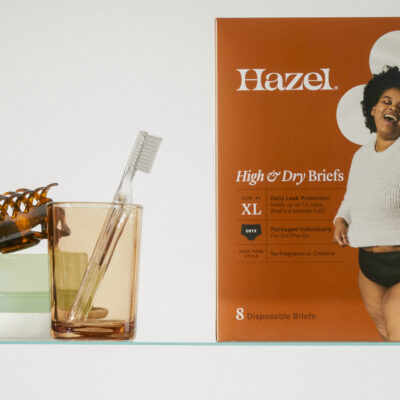
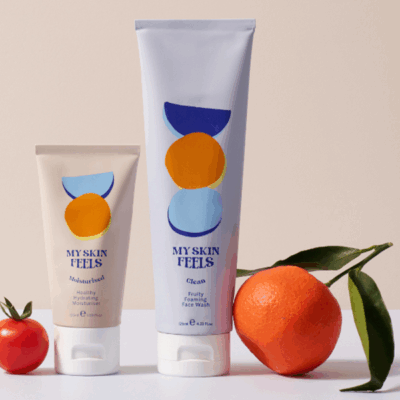
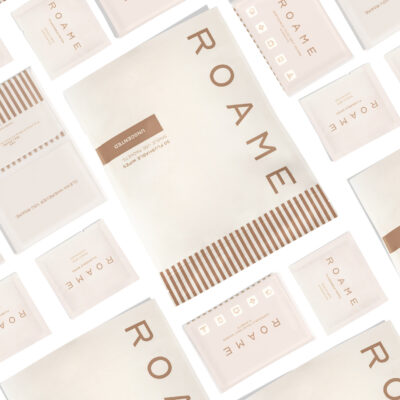

Leave a Reply
You must be logged in to post a comment.